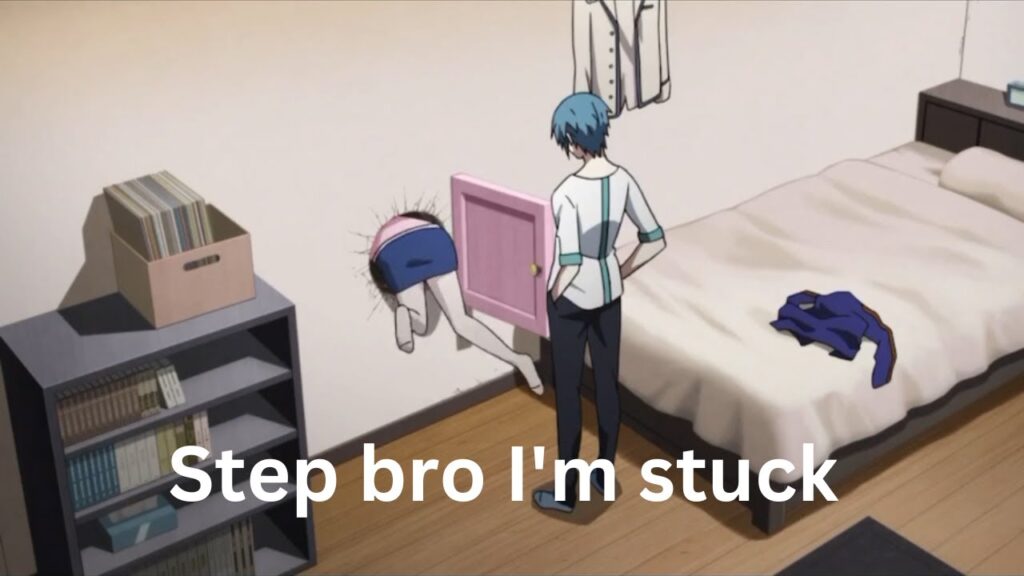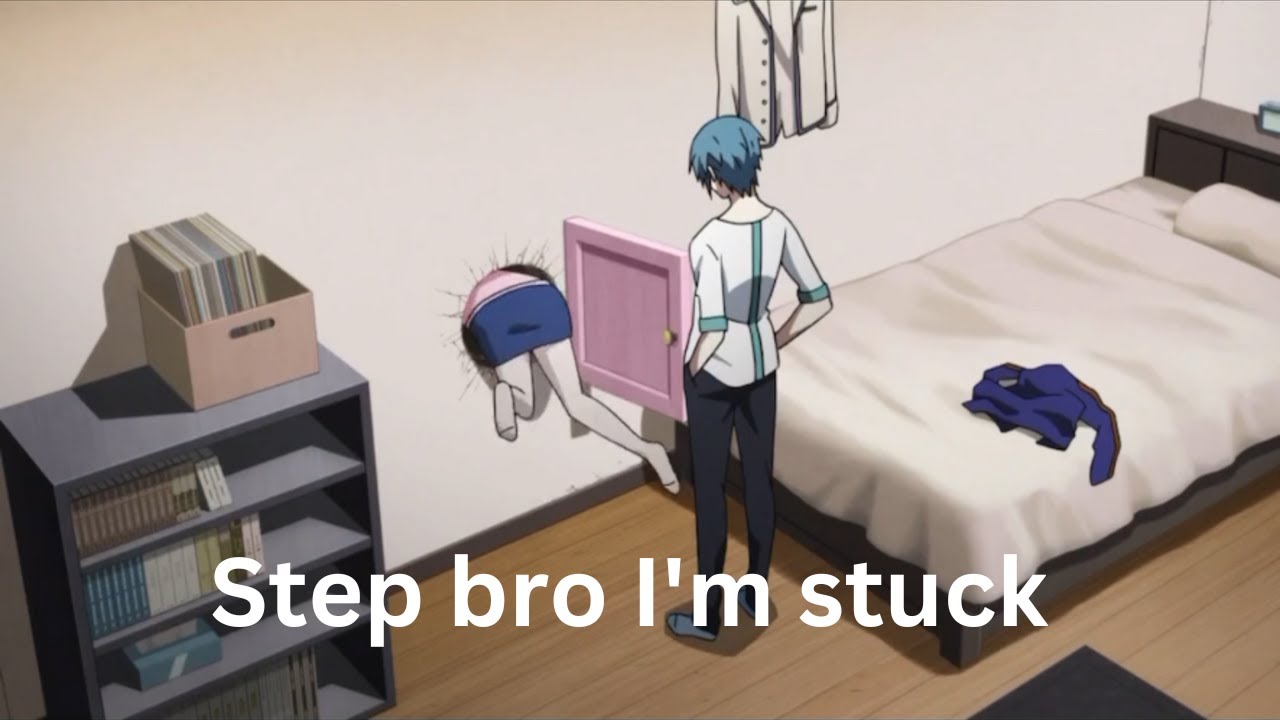
Help I’m Stuck: Navigating Life’s Obstacles and Finding Solutions
Feeling stuck is a universal human experience. Whether it’s in your career, relationships, personal growth, or a seemingly insurmountable problem, that sensation of being trapped and unable to move forward can be incredibly frustrating and demoralizing. The phrase “help I’m stuck” is often a desperate plea for guidance, a signal that we need external support to break free from our current situation. This article explores the various reasons why we get stuck, provides practical strategies for overcoming obstacles, and offers advice on when and how to seek professional help. If you’re thinking, “help I’m stuck,” know that you’re not alone, and there are paths to progress.
Understanding the Root Causes of Feeling Stuck
Before we can address the feeling of being stuck, it’s crucial to understand the underlying causes. These can be complex and multifaceted, often involving a combination of internal and external factors.
Lack of Clarity and Direction
One of the most common reasons for feeling stuck is a lack of clarity about our goals and values. Without a clear sense of what we want to achieve and what truly matters to us, it’s easy to drift aimlessly and feel lost. This can manifest as uncertainty about career choices, relationship direction, or even daily routines. When we don’t know where we’re going, any road seems like the wrong one, and we might cry “help I’m stuck.”
Fear of Failure and Perfectionism
Fear of failure can be a powerful paralyzer. The thought of not meeting expectations, disappointing others, or experiencing setbacks can prevent us from taking risks and pursuing our goals. Perfectionism, a close cousin of fear of failure, can also contribute to feeling stuck. The unrealistic pursuit of flawlessness can lead to procrastination, analysis paralysis, and an inability to move forward. The constant pressure to be perfect can be overwhelming, leading to the sensation of being trapped. If you are a perfectionist, you might be thinking, “help I’m stuck.”
Negative Self-Talk and Limiting Beliefs
Our internal dialogue plays a significant role in shaping our experiences. Negative self-talk, such as “I’m not good enough” or “I’ll never succeed,” can erode our confidence and create self-fulfilling prophecies. Limiting beliefs, deeply ingrained assumptions about ourselves and the world, can also hold us back. These beliefs can stem from past experiences, societal conditioning, or even family dynamics. Challenging these beliefs is essential for breaking free from the feeling of being stuck. Often, a simple shift in perspective can make a world of difference. It’s important to remember that even if you think “help I’m stuck,” there is still hope.
External Circumstances and Challenges
Sometimes, external circumstances beyond our control contribute to feeling stuck. These might include financial difficulties, job loss, health problems, relationship issues, or societal barriers. While we may not be able to change these circumstances immediately, we can control our response to them. Focusing on what we *can* control, such as our attitude, our actions, and our support network, can help us navigate challenging times. Even if you feel like “help I’m stuck” is a constant refrain, remember that external circumstances are often temporary.
Strategies for Overcoming Obstacles and Getting Unstuck
Once we understand the root causes of feeling stuck, we can implement strategies to overcome obstacles and regain momentum. These strategies involve a combination of self-reflection, action-oriented steps, and seeking support when needed.
Identify and Clarify Your Goals
The first step in getting unstuck is to identify and clarify your goals. What do you want to achieve in your career, relationships, personal life, and overall well-being? Write down your goals in specific, measurable, achievable, relevant, and time-bound (SMART) terms. This will provide you with a clear roadmap and a sense of direction. Regularly reviewing your goals and adjusting them as needed is also crucial. If you don’t know where to start, ask yourself, “If I wasn’t thinking ‘help I’m stuck,’ what would I be doing?”
Challenge Negative Thoughts and Beliefs
Actively challenge negative thoughts and limiting beliefs. When you catch yourself thinking negatively, ask yourself: Is this thought true? Is it helpful? What evidence supports this thought? What evidence contradicts it? Replace negative thoughts with positive affirmations and realistic self-talk. Focus on your strengths, accomplishments, and potential. Consider cognitive behavioral therapy (CBT) techniques to reframe negative thought patterns. Even when you feel like saying “help I’m stuck” is the only thing you can do, try to find one positive thing to focus on.
Break Down Large Tasks into Smaller Steps
Overwhelm can contribute to feeling stuck. Break down large tasks into smaller, more manageable steps. This will make the overall goal seem less daunting and more achievable. Celebrate small victories along the way to maintain momentum and motivation. The feeling of accomplishment, even for a small task, can be incredibly empowering. If you are thinking “help I’m stuck” because a project seems too big, try breaking it down into more manageable pieces.
Take Action, Even Small Steps
Inertia is a powerful force. Even small steps forward can break the cycle of feeling stuck. Take action, even if it’s just for a few minutes each day. This could involve researching a new career path, networking with industry professionals, practicing a new skill, or simply taking a walk to clear your head. Consistent action, no matter how small, will eventually lead to progress. Even if you are feeling like “help I’m stuck”, try doing one small thing that will move you forward.
Seek Support and Guidance
Don’t be afraid to seek support and guidance from others. Talk to friends, family members, mentors, or therapists. Sharing your struggles and seeking advice can provide valuable perspectives and insights. A fresh perspective can often help you see things in a new light and identify solutions you may not have considered on your own. Sometimes, just verbalizing your feelings can be incredibly therapeutic. If you find yourself constantly thinking “help I’m stuck”, it might be time to reach out to a professional.
Embrace Failure as a Learning Opportunity
Failure is an inevitable part of life. Instead of viewing it as a setback, embrace it as a learning opportunity. Analyze what went wrong, identify areas for improvement, and adjust your approach accordingly. Resilience, the ability to bounce back from adversity, is a key ingredient for success. Remember that even the most successful people have experienced failures along the way. The important thing is to learn from your mistakes and keep moving forward. It’s okay to feel like you need “help I’m stuck” after a failure; the key is to use that feeling as motivation to learn and grow.
Practice Self-Care and Mindfulness
Taking care of your physical and mental well-being is essential for overcoming obstacles and maintaining a positive outlook. Prioritize self-care activities such as exercise, healthy eating, adequate sleep, and relaxation techniques. Mindfulness practices, such as meditation and deep breathing, can help you manage stress and improve your focus. When you are feeling overwhelmed or stuck, taking a break to recharge can make a significant difference. Even if you are thinking “help I’m stuck”, remember to prioritize your well-being.
When to Seek Professional Help
While self-help strategies can be effective, there are times when seeking professional help is necessary. If you are experiencing persistent feelings of depression, anxiety, or hopelessness, or if you are struggling to cope with a major life event, consider consulting a therapist or counselor. A mental health professional can provide you with the support, guidance, and tools you need to overcome challenges and improve your overall well-being. Remember, seeking help is a sign of strength, not weakness. If the feeling of “help I’m stuck” is overwhelming and persistent, professional guidance can be invaluable.
Conclusion
Feeling stuck is a common experience, but it doesn’t have to be a permanent state. By understanding the root causes of this feeling, implementing practical strategies for overcoming obstacles, and seeking support when needed, you can regain momentum and move forward towards your goals. Remember to be patient with yourself, celebrate small victories, and embrace the journey of personal growth. If you find yourself thinking “help I’m stuck,” remember that you have the power to change your situation and create a fulfilling life. Don’t give up on yourself. The feeling of being stuck is a temporary setback, not a permanent destination. With effort, perseverance, and the right support, you can break free from the feeling of being stuck and achieve your full potential. And if you still feel like you need “help I’m stuck”, don’t hesitate to reach out for guidance and support. [See also: Overcoming Procrastination and Achieving Your Goals] [See also: Building Resilience in the Face of Adversity] [See also: The Importance of Self-Care for Mental Health]

